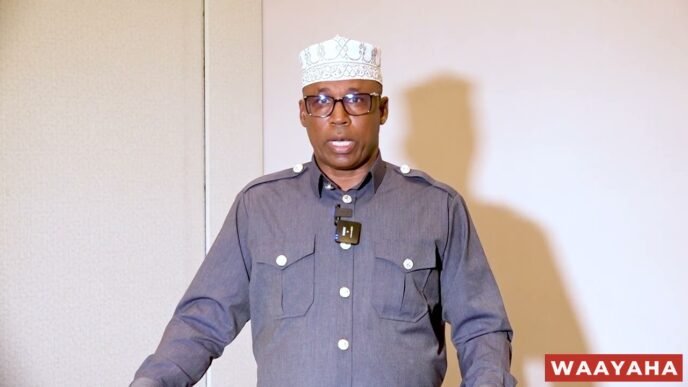Justice is a fundamental principle in Islam that permeates all aspects of life and governance. The Quran and the teachings of Prophet Muhammad (peace be upon him) place immense emphasis on establishing justice and eradicating oppression. In this comprehensive blog post, we delve into the importance of justice in Islamic teachings and its vital role in governance and societal well-being.
The Quran explicitly commands believers to uphold justice, even if it goes against their own interests or those of their loved ones. Allah says, “O you who believe! Stand out firmly for justice, as witnesses to Allah, even if it is against yourselves, your parents, or your relatives” (Quran 4:135). This verse underscores the unwavering commitment to justice that Muslims must demonstrate, regardless of personal ties or biases.
In a famous hadith, Prophet Muhammad (peace be upon him) narrated that on the Day of Judgment, the first person to be called forth will be a just ruler. This ruler will be shaded by the shade of Allah’s Throne, alongside other righteous individuals, such as a young person who grew up worshipping Allah and a person who refused the temptations of a beautiful woman out of fear of Allah.
The renowned Islamic scholar Ibn Taymiyyah highlighted the significance of justice by stating that even a non-Muslim state that upholds justice will be supported by Allah, while a Muslim state that engages in oppression will not receive divine assistance. This principle underscores the universal importance of justice, transcending religious affiliations.
In governance, justice must be the cornerstone of all institutions and processes. Judicial systems must operate efficiently, ensuring swift resolution of cases without undue delays or corruption. Appointments to positions of authority must be based on merit, competence, and integrity, as exemplified by the story of Prophet Yusuf (Joseph) in the Quran, who was appointed as the treasurer due to his knowledge and trustworthiness.
Furthermore, justice demands that the collective interests of society take precedence over individual or personal interests. The Quran emphasizes the importance of maintaining fair trade practices, accurate weights and measures, and upholding the highest standards of integrity in all commercial transactions.
In conclusion, the pursuit of justice is a fundamental obligation in Islam, essential for the well-being of individuals, communities, and nations. By adhering to the principles of justice as outlined in the Quran and Sunnah, leaders and societies can establish a foundation of equity, trust, and prosperity, ultimately leading to the pleasure of Allah.





